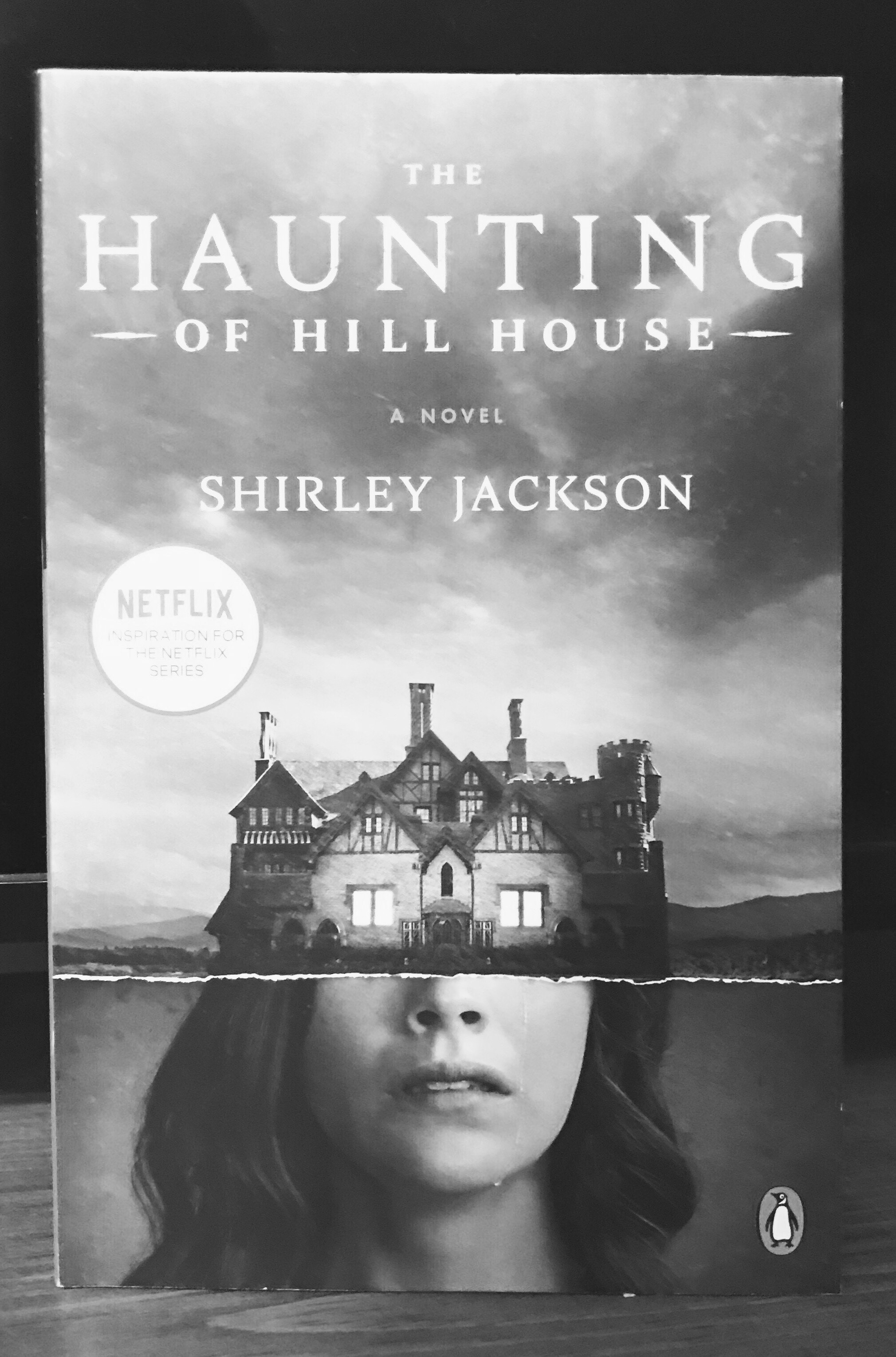Review Series: The Haunting of Hill House
Shirley Jackson: mother, queen and archetype of horror.
In 1959, Jackson gifted the literary world with her novel “The Haunting of Hill House” and many have tried to emulate this masterpiece.
Since the 1959 publication, writers and filmmakers have attempted their own adaptations of “The Haunting of Hill House”. The archetype horror novel continually inspires creative minds who long to produce their own terrifying media. However, I credit Jackson’s incredible work untouchable. Jackson’s writing style is unmatched. The first few lines of the novel draws readers in so deeply that the book is virtually impossible to put down.
“No live organism can continue for long to exist sanely under conditions of absolute reality; […] Hill House, not sane, stood by itself against its hills, holding darkness within; it had stood for eighty years and might stand for eighty more.”
Stephen King, a renown horror novelist, praises “The Haunting of Hill House” stating “[…] it seems to me that it [The Haunting of Hill House] and James’s “The Turn of the Screw” are the only two great novels of the supernatural in the last hundred years.”
Without completely spoiling the novel, here’s an introduction to Jackson’s vivid, eccentric characters.
The novel follows the scientific efforts of Dr. Montague, a “doctor of philosophy,” who is engulfed with fascination of supernatural experiences, yearning to intertwine science and the paranormal. He rents Hill House for three months and gathers three individuals to aid his experiments. The three are known as Theodora and Eleanor, who he sought because of their paranormal experiences, and Luke, the heir of Hill House.
Eleanor, the protagonist, is an emotionally broken young woman. Jackson follows Eleanor’s emotional and psychological state throughout the novel. Arriving at Hill House, each with their own motive, they hunger for answers to deep, internal questions. Hill House stands great in stature and eager to consume.
Jackson’s psychological narrative combined with terrifying imagery has set this work at the top of the literary tier. Johnathan Lethem wrote of Jackson in the introduction to another of her brilliant novels, “We Have Always Lived in the Castle.” “She disinterred the wickedness in normality, cataloguing the ways conformity and repression tip into psychosis, persecution, and paranoia, into cruelty and its masochistic, injury-cherishing twin,” she continued.
Just as Hill House waits to consume a victim, Jackson’s writing will consume readers.






